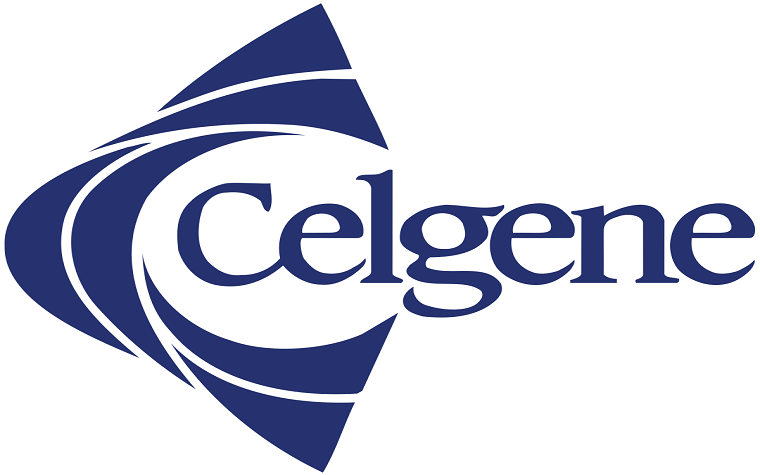Celgene Corporation issued the following announcement on June 3.
Celgene Corporation (NASDAQ:CELG) today announced updated six-month safety and efficacy data from the TRANSCEND (NHL-001) study of lisocabtagene maraleucel (liso-cel; JCAR017), an investigational CD19-directed CAR T cell therapy, in patients with relapsed/refractory (r/r) aggressive B-cell non-Hodgkin lymphoma (NHL) in a presentation at the American Society of Clinical Oncology (ASCO) Annual Meeting in Chicago, IL.
"As liso-cel data mature, the durable response rates continue to demonstrate the potential of CAR T cell therapy in patients with DLBCL who have relapsed or are refractory to prior treatments," said principal investigator Jeremy Abramson, M.D., of Massachusetts General Hospital. "Added to the emerging side effect profile with liso-cel, this therapy has encouraging potential in diffuse large B-cell lymphoma."
The update provided today was based on a cutoff date of May 4, 2018 and included data from 114 liso-cel treated and 102 safety evaluable patients, of which 51 patients were treated at the pivotal dose of 100 million cells. Abramson highlighted 37 patients who meet the criteria for the planned pivotal patient population in TRANSCEND NHL-001 (including r/r DLBCL, transformed from follicular lymphoma (tFL), and poor-risk high-grade double/triple-hit lymphoma), and were treated with the pivotal cell dose. The new long-term follow up data add to those disclosed on May 16, 2018 in ASCO Abstract #7505.
At six months, 49% of patients remained in remission, with 46% maintaining a complete response (CR) in this cohort (n=37). When durability of response beyond six months was evaluated across all dosing levels ranging from 5 x 107 to 1 x 108 CAR T cells, 93% of patients in CR remained in CR at data cut off. Liso-cel therapy was available for 99% (132/134) of patients apheresed.
The most common treatment-emergent adverse events that occurred at ≥25% incidence included neutropenia (63%), anemia (53%), fatigue (46%), thrombocytopenia (34%), decreased appetite (29%), nausea (28%), hypotension (26%), cough (26%), headache (25%), dizziness (25%), constipation (25%), and diarrhea (25%). Cytokine release syndrome and neurotoxicity were observed at a rate of 37% and 23% for all grades, and 1% and 13% for grades 3 and 4, respectively (n=102). Based on this emerging safety profile, outpatient administration is being evaluated in the TRANSCEND trial.
"The updated efficacy and tolerability data for liso-cel continue to support a potential best-in-class CD19 CAR T profile," said Nadim Ahmed, President, Hematology and Oncology for Celgene. "With the TRANSCEND pivotal cohort now fully enrolled, we look forward to further progressing this critical program for poor-prognosis patients with relapsed or refractory aggressive NHL and investigating the clinical utility of liso-cel in earlier lines of therapy."
Original source can be found here.









 Alerts Sign-up
Alerts Sign-up